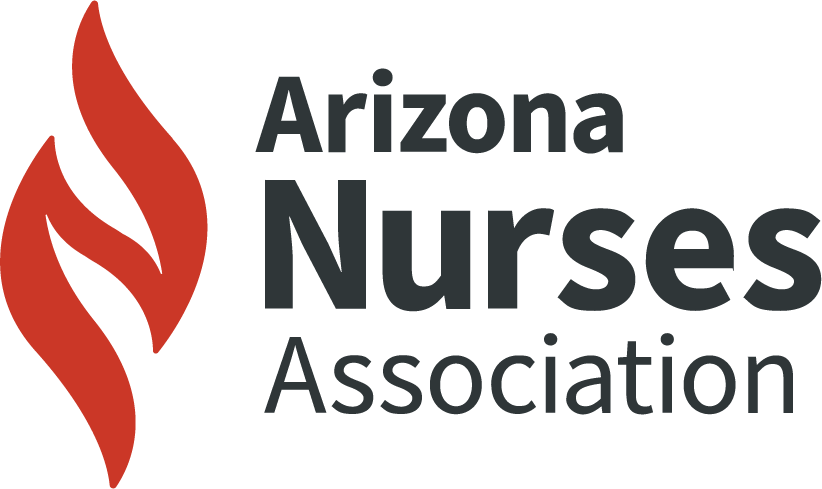Preparing Future Nurses for End-of-Life Care Through Live IPE Simulations
ABSTRACT
Background: New graduate nurses often transition into the healthcare field with limited hands-on experience, particularly in complex and emotionally charged situations like end-of-life care. Although online curricula offer foundational knowledge about this critical topic, real-world context and experience are necessary for effective practice. Furthermore, experiential learning with members of other professions better equips future nurses to navigate the challenges of end-of-life care with confidence, compassion, and experience in utilizing their interprofessional resources.
Methods: A virtual, screen-based end-of-life simulation was implemented during the COVID-19 pandemic in 2020, learner satisfaction with this existing curriculum was evaluated using the validated and reliable Simulation Effectiveness Tool - Modified (SET-M). Subsequently, the simulation experience was redesigned to incorporate in-person interactions, emphasizing in-depth interprofessional collaboration and the engagement of standardized human patients. The SET-M will be used to assess whether the simulation experience enhanced learners’ confidence.
Outcomes: Upon completion of the in-person simulation, results will be compared to those from the previous virtual simulation. This comparison aims to elucidate the benefits that nursing students derive from in-person, hands-on experiences while learning about end-of-life care—a complex topic that can be challenging to grasp without real-life exposure.
Recommendations: In-person simulations using standardized patient actors create a safe, immersive environment where nursing students can practice essential skills like communication, empathy, and teamwork. Additionally, online modules are useful as preparatory resources for simulations, rather than as a standalone source for educational experiences.
